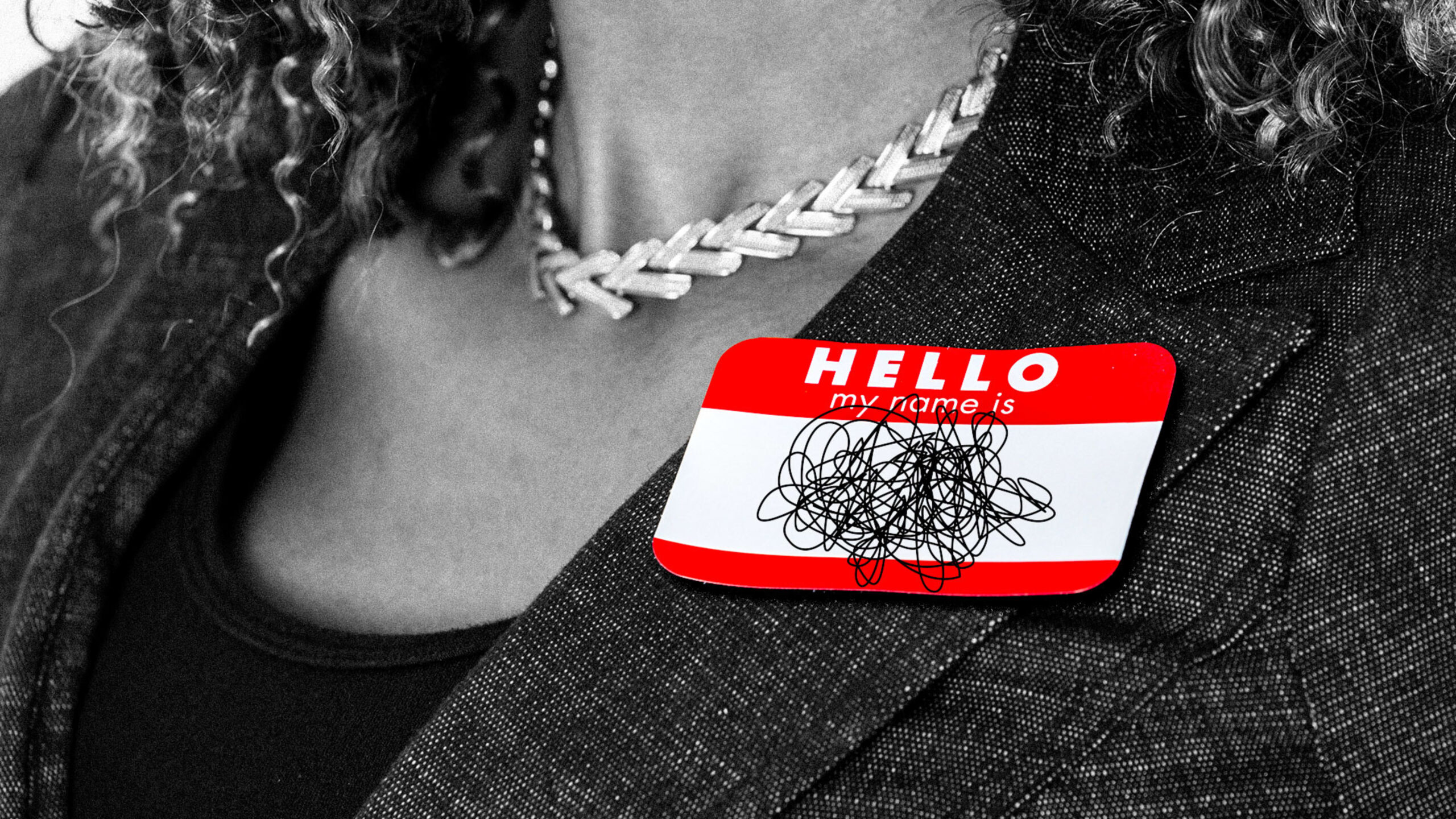A rose by any other name might smell as sweet, but it might not command the same price.
According to a Harris Poll survey shared with Fast Company, for workers of color, names can have a significant impact on their careers. Harris surveyed over 2,000 American employees and asked them about their attitudes toward names.
Here are the key findings:
- Pronunciation impacts perception: 54% of white respondents said their name was easy to pronounce, compared to 47% of Hispanic respondents, 45% of Black respondents, and 42% of Asian respondents. People of color also were more likely to say their names get mispronounced most or all of the time (36%) compared to white respondents (18%).
- Names can have a social cost: 35% of U.S. adults say they get anxious when they see a name they can’t pronounce, and 23% have avoided someone because they couldn’t say their name. Meanwhile, 19% of respondents say they’ve judged people by their name. Interestingly, people of color were most likely to say that they would avoid someone if they couldn’t pronounce their name, compared to white respondents (26% compared to 21%).
- Names can lead to workplace discrimination: People of color were more likely to say that others made them feel negatively about their name (12%) compared to white respondents (6%). One-third say they have experienced discrimination at work because of their name while only 16% of white respondents said the same.
- POC are altering their names to fit in: Unsurprisingly, 56% of people of color said they changed their name at work in some way, compared to 34% of white respondents. Meanwhile, only 4% of white respondents have been told they should change their name to make it easier to find a job, while 13% of POC have been told the same.
“While some common names have come with more baggage recently (e.g., Karen, Chad, Becky), these names may still have a better chance of getting hired than more unique names,” said Latoya Welch, VP at Harris Poll, who led the research efforts. “And, as many companies continue to ‘quietly’ adjust DEI effortsin the workplace, it leaves the door wide open for name bias in everything from hiring to advancement.”




